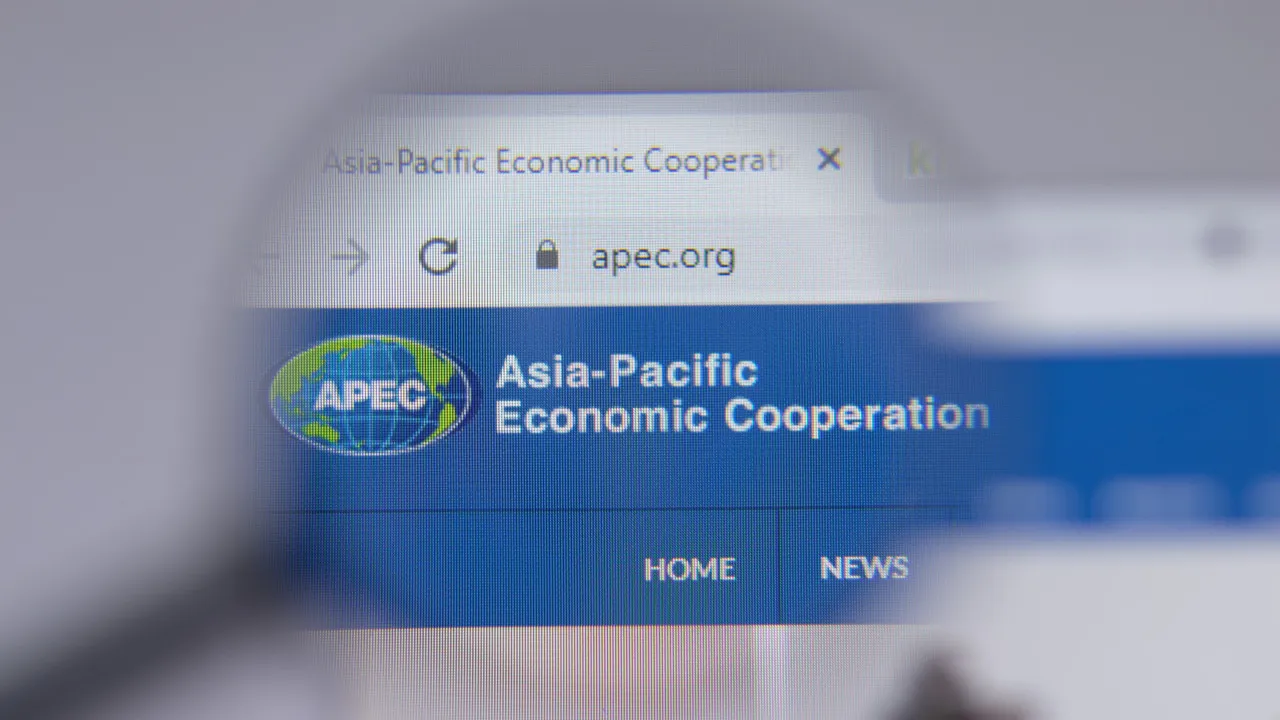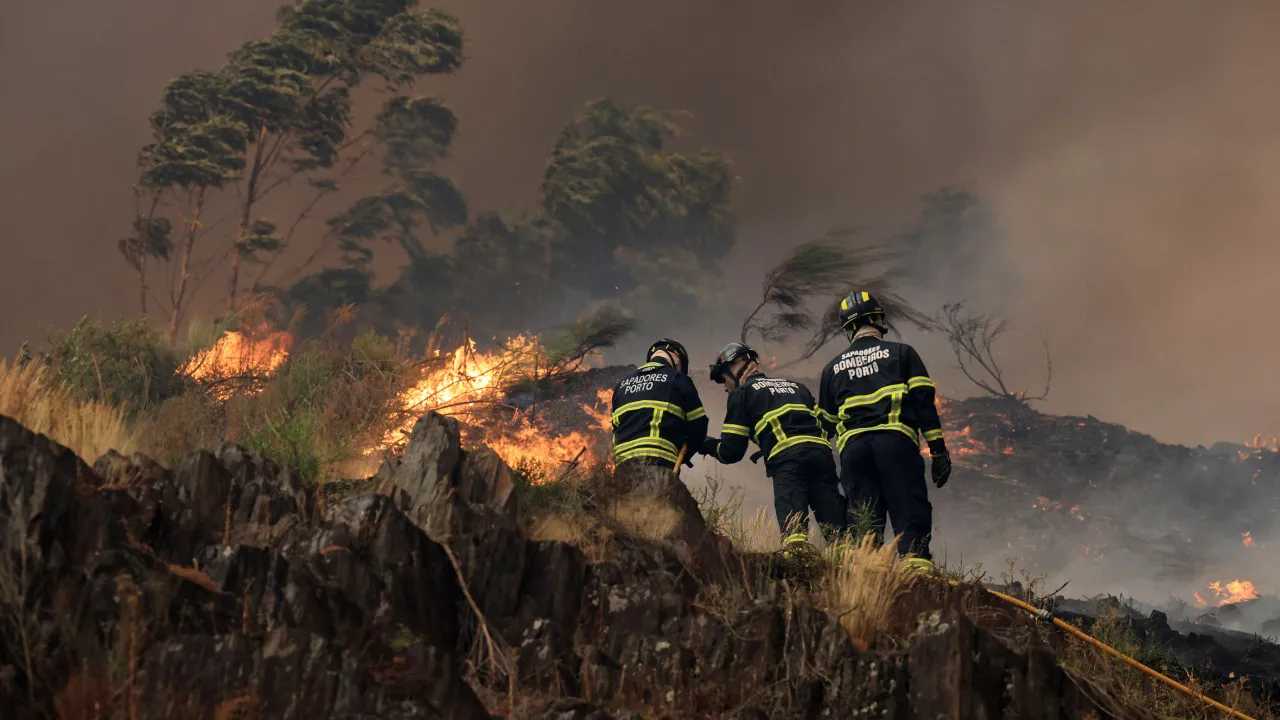
The Asia-Pacific Economic Cooperation (APEC) comprises 21 economies, including Australia, Vietnam, Thailand, Japan, the United States, Canada, and Mexico, along with other Asian countries heavily reliant on trade, which have been significantly impacted by the trade war initiated by Washington.
Economists from the organization predict that exports in the Asia-Pacific region will grow by only 0.4% in 2025, compared to a 5.7% growth rate recorded last year. Imports are expected to stagnate (+0.1%).
As a result, APEC countries are anticipated to experience a gross domestic product (GDP) growth of just 2.6% in 2025, a reduction from the previous forecast of 3.3% by the organization.
For 2026, a growth rate of 2.7% is now expected, significantly below the anticipated performance for the rest of the world (+3.3%).
Although the organization encompasses a diverse range of economies, all are suffering: the escalation of tariff retaliations “is leading to a loss of investor confidence and weakening demand,” stated Carlos Kuriyama, director of APEC’s public policies department, speaking to the press and cited by Agence France-Presse, during the sidelines of a meeting of the organization’s Trade Ministers, which begins today in South Korea.
In addition to the 25% tariffs on cars and steel, the U.S. administration under President Donald Trump announced, in early April, prohibitive “reciprocal” customs surcharges, currently suspended until July.
The higher customs duties will harm supply chains, increase production costs, which will be passed onto the final consumer, and consequently reduce demand for goods,” explained Kuriyama.
According to the economist, uncertainty is the gravest risk: “It is essential to ensure that policies are stable and, if there are changes, that they are permanent and not temporary,” he suggested.
This week’s APEC meeting serves as a platform for several bilateral discussions between U.S. Trade Representative Jamieson Greer, who is in South Korea, and representatives of U.S. partners, including Chinese trade representative Li Chenggang.
Beijing and Washington recently agreed to a partial suspension of heavy reciprocal customs surcharges.
“This is positive, but it does not return us to the point we were at before April,” observed Carlos Kuriyama.
Within APEC, “many governments are trying to implement measures to facilitate trade to offset the negative impact of U.S. measures,” Kuriyama added, although estimating that these initiatives will have limited impact because “the United States is the largest economy in the world.”




